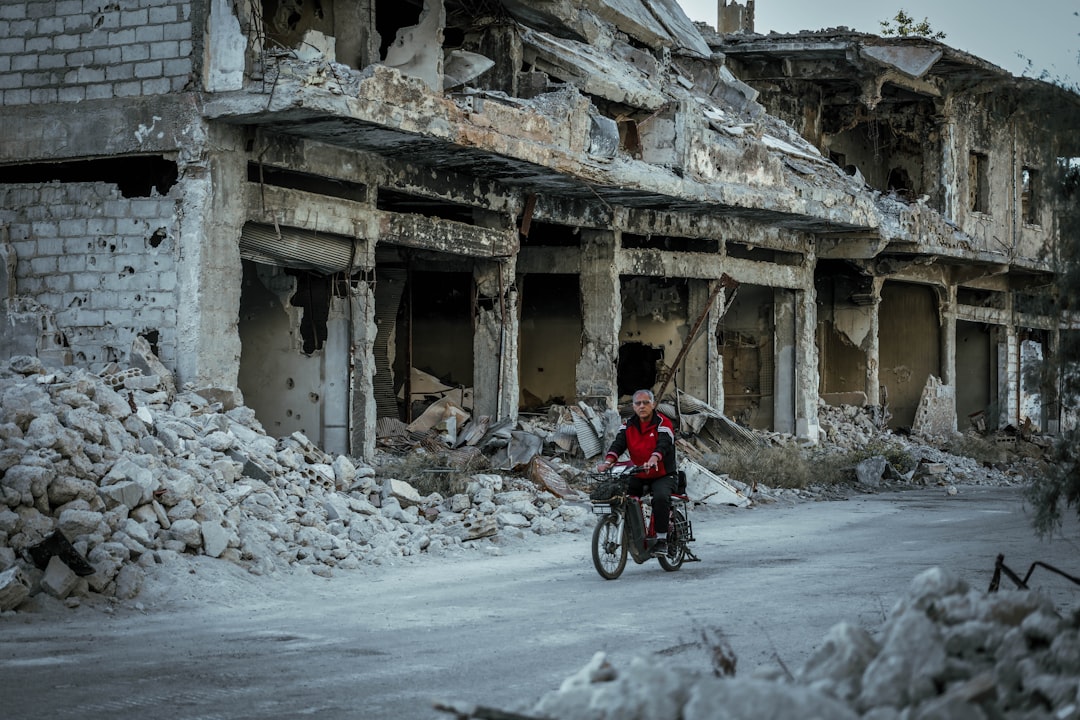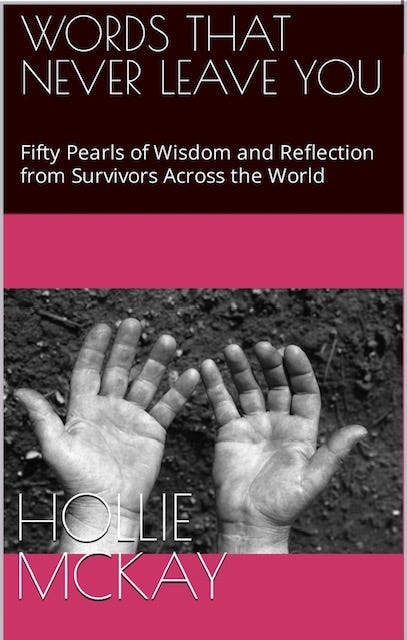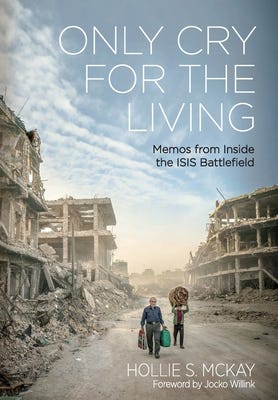Earlier this year, a year after the invasion of Ukraine, the International Criminal Court (ICC) issued an arrest warrant for Vladimir Putin, concluding that the Russian President had committed war crimes over the forced “resettlement” of Ukrainian children.
As welcome as the news is, I cannot help but feel the weight of despair for my Syrian friends – some of whom have been blistered and burned across most of their bodies – by the barrel bombs and brutal war waged by their own leader, Bashar al-Assad. Not only has the world’s so-called arbiters of global justice failed to issue such a warrant for a man who has used chemical weapons and slaughtered hundreds of thousands of innocent civilians, but the dictatorial President freely marches around the Middle East. Most recently, has been welcomed back into the Arab fold by the neighbors who once ostracized the vivacious leader.
In May, the Arab League – spurred by the UAE and Saudi Arabia – decided to readmit the devastated back into the bloc, accompanied by a dizzying array of diplomatic restorations and olive branches. While the move makes sense to the self-interests of the Arab League, intent on reducing Syria’s dependence on Iran, it’s a sickening statement of the chess moves the world is willing to make with a man who has the blood of unfathomable numbers on his hands. While the U.S. condemned Syria’s re-admission, the crushing conflict appears to have been all but forgotten by the Biden administration. Moreover, a vital tool of the U.S. State Department for isolating Assad has been ignored. It is the Caesar Act, which authorizes sanctions against anyone aiding the Syrian government.
Let’s not forget that more than 600,000 Syrians are estimated to have been killed since the outburst of war at the end of 2011 when Bashar’s forces descended on peaceful protestors with a heavy hand and an even heavier arsenal of weapons – all while propped up by Russia and Iran. About 14 million, half the country’s population, fled their homes. In addition to the humanitarian disaster, the Syrian war – which has not ended despite the lack of global attention – continues to batter the decimated nation, of which vast swaths of the population not aligned with Bashar’s cash-deluged inner circle face hunger, homelessness, and the daily struggle to survive.

Why has the ICC not yet issued an arrest warrant against Bashar after more than twelve years of warfare but was oh-so-quick to announce one against Putin just one year after he invaded Ukraine? It is not for lack of trying. In 2019, a group of lawyers – on behalf of 28 exiled Syrian refugees – submitted a case in March 2019 to the ICC in The Hague. It went nowhere, despite the abundance of haunting evidence.
I have no good answers other than the domineering segments of our global population care less about certain segments of society. The embracing of Bashar also serves as a massive blow to many journalists. We spent searing chunks of our careers documenting the horrific and spiraling crimes, the lives and limbs lost, and the pain of the Syrian people and yet failed to ignite any semblance of justice or change.
And in case you need reminding – apparently, we all could do with reminding – here is a personal story about what happened to my friend Samar, a stark remembrance of the Syrian regime’s horrific and hideous ways.
One moment, Samer Scher was one of the many passionate political college students flooding Modamiyeh, Syria’s vast, dusty streets, chanting for free and fair elections. The next moment, gunfire from forces loyal to the Bashar al-Assad regime ripped through the open air and those he knew and loved fell to the ground.
As panic and lawlessness erupted in the cool spring afternoon, just like that, Samer knew that their peaceful revolution had fallen down the rabbit hole of a violent war — a war from which he and his country would never return.
“All we wanted was a future. Back then, if you didn’t have a link to the regime, you couldn’t get a good job; you had no future,” Samer, now in his early thirties, lamented from the safety of his small home on the outskirts of Berlin, Germany. “Animals had a better life than we did. We did not just want to receive decisions. We wanted to be part of the decision-making process.”
But the bloodshed and distrust only deepened from that very first barrage of bullets on the first day of their peaceful protests. At any moment, anyone suspected of being part of the cadre opposing the Damascus overlords could be ripped from their homes and never seen again. Scores would be thrown into jails in the bowels of the earth, where they were subject to rape and torture. Many would be burned and blown apart as bombs slammed into their bedrooms while they slept.
Samer, who was working as a volunteer medic at a local clinic, anxiously accepted that it was only a matter of time before the brutal enforcers came for him too. He had already seen bullets wedged into the eyes of screaming children and shrapnel searing the flesh of babies as they breathed their last breaths. He was left with the memory of a quiet conversation with a close friend, only to see that very friend shredded into pieces the next day due to a shell slicing his body.
After three terrifying days of heavy fighting on the edge of his besieged hometown between the Free Syrian Army (FSA) rebels and Assad’s Army — a conscripted military — Assad’s forces breached the blockade and stormed in. It was August 22, 2012.
“I stayed in my home; there was nowhere to go,” Samer, who speaks softly with glazed eyes, continued. “It was a matter of chance — maybe the regime would come for your home, or maybe they would go for the home next door.”
Yet after nights of sleeplessness, Samer’s fogged eyes made out the shadows of soldiers peeking through the holes of his thin walls. Then, the soundtrack: gunshots cracking, footsteps, and the sounds of his front door crashing to the ground. He felt boots pelting against his limp body, splintering his bloody mouth, and then the chilling threats they would shoot him.
“They were humiliating me, calling me a dog, a terrorist, insulting my family. Every one of those men — about 25 of them — were all taking a hit,” Samer said as if sifting through a graveyard of memories. “It was an unimaginable fear; I thought they would arrest me and take me to an intelligence branch.”
First, the soldiers carted Samer around the apartment building like a human shield — holding him up in case anyone opened fire as they knocked down a door. At one point, they propelled him into a bathroom, and when he turned around, he was staring down the barrel of an AK-47 at close range.
“I begged them to spare my soul, that I was just a college student,” Samer recalled.
But a bullet catapulted through his rib, another into the bottom of his arm; then another cleaved below his shoulder. Samer said the only pain he felt was the pain of fear. Then, facedown in a pool of crimson, he counted three more bullets entering his body and a seventh shattering the wall right by his head. He remained motionless for what felt like an eternity until the laughter and chimes of “he’s dead” faded out.
Samer managed to drag himself down a flight of crooked stairs and phone a friend for help. However, his miraculous tale of survival would only become dizzying as the war intensified into chemical attacks and mortar showers — until one day in 2015. Then, finally, he was given passage to flee into neighboring Turkey, an opportunity he felt would be his last chance at life. From there, Samer boarded a rickety boat to Greece and then moved through to Germany. Today, he’s trying to move on with life and studies, yet not leave behind the Syrian war that protracts into its thirteenth year.
“I don’t know why I survived. I would say it is God’s will. I ask myself why me, and still, I have no answer,” Samer said.
Physically, he’s no longer able to lift his right arm. But, psychologically, Samer is awash with an unrelenting desire to keep fighting for his country — this time with his voice.
“I’m going to run for parliament in Germany,” he noted, his strained face thawing into a wistful smile. “That’s the best I can do to protect my future family.”
PLEASE CONSIDER A PAID SUBSCRIPTION TO THIS SUBSTACK TO HELP KEEP INDEPENDENT, AGENDA-FREE WRITING AND JOURNALISM ALIVE. THANK YOU SO MUCH FOR YOUR SUPPORT.
For speaking queries please contact meta@metaspeakers.org
I am also available for a select number of private coaching sessions for those wishing to write a book or venture into the foreign journalism space. Please contact directly for rates hollie@holliemckay.com
Follow me on Instagram and Twitter for more updates
HOLLIE’S BOOKS
** Short read of meaningful lessons gleaned from the ordinary forced to become extraordinary
Order your copy of “Afghanistan: The End of the US Footprint and the Rise of the Taliban Rule” due out this fall.
For those interested in learning more about the aftermath of war, please pick up a copy of my book “Only Cry for the Living: Memos from Inside the ISIS Battlefield.”
If you want to support small businesses:















Share this post